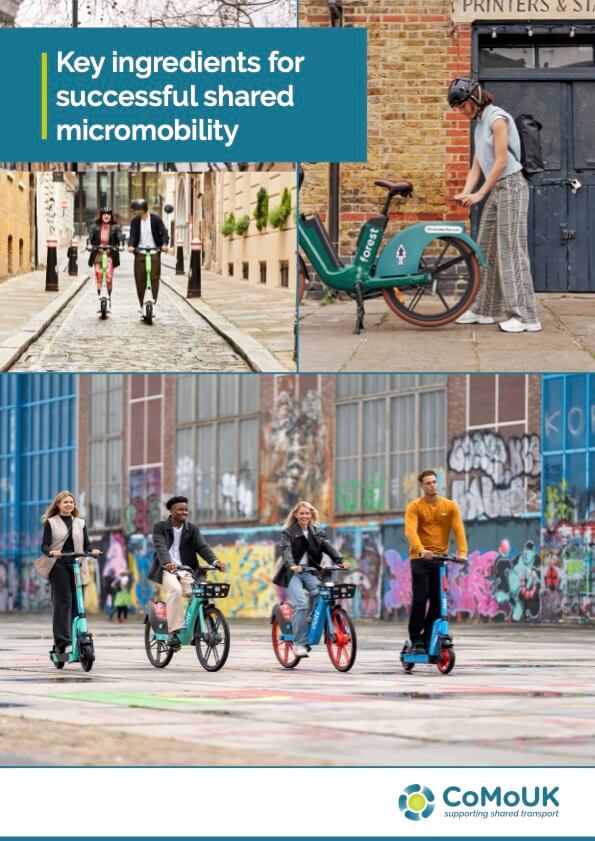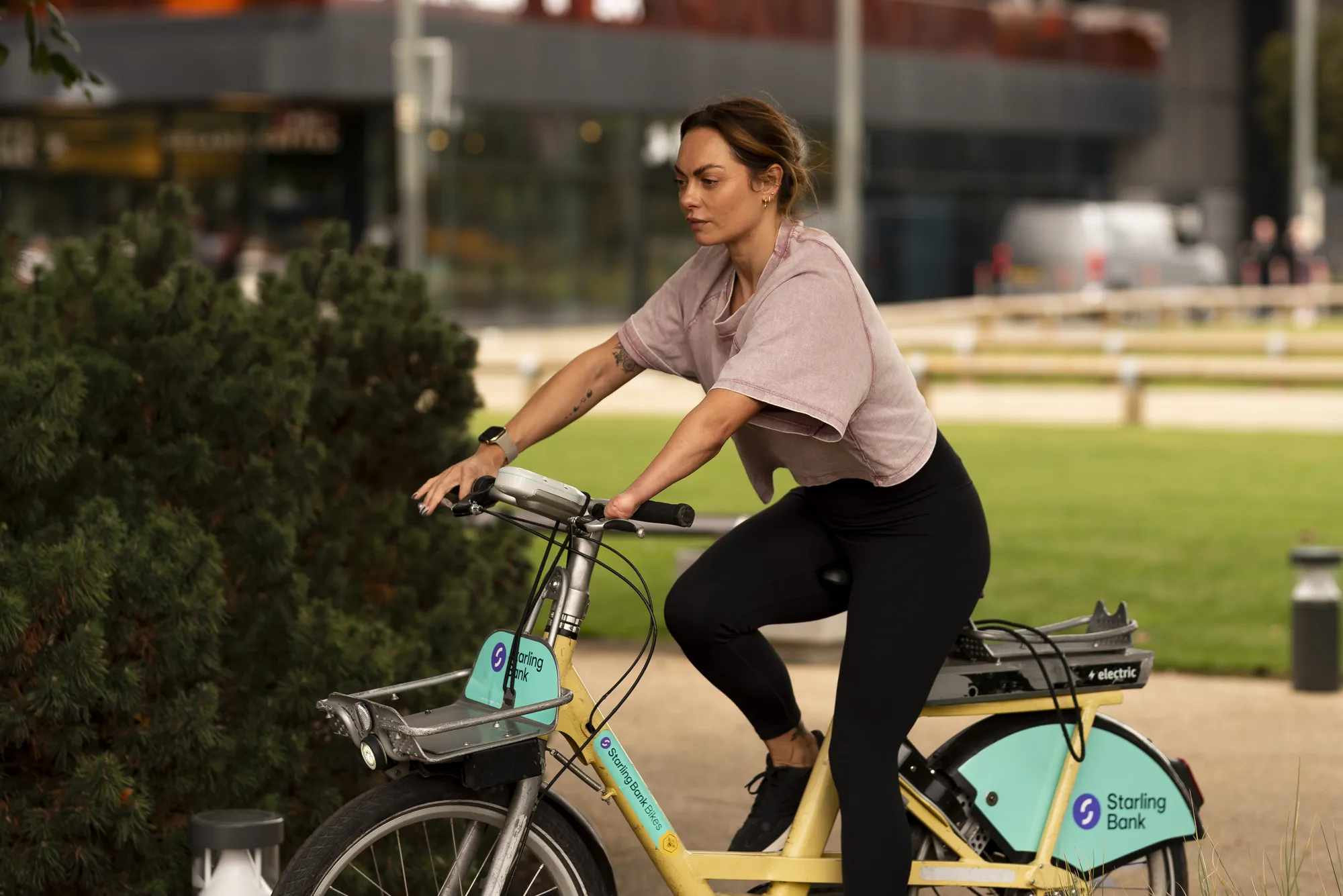Designing a shared micromobility scheme takes a great deal of thought to refine the schemes overall objectives and scale, and plan for its finance. There are detailed issues to consider such as vehicles choice, parking bay provision, partnerships and the tender specification itself.
This new CoMoUK guidance provides a refreshed look at the current market, recommended strategy and common pitfalls. In particular, we examine the funding of schemes to stress the need for subsidy in areas which don’t have all the characteristics which lead to high ridership numbers. The new document also emphasises the need for caution around expectation for any financial contributions to be paid to the council except in the most profitable cities.

Scotland has so far missed out the experience of lawful use of e-scooters on the public highway as it does not have any shared e-scooter trials.
This report outlines findings from the trials in England and international research to demonstrate the substantial benefits of shared e-scooters and considers what Scotland stands to gain from having trials as well as a seat at the table to discuss legalisation of e-scooters with the UK Government.

Read more about the work being done at CoMoUK to improve the provision for disabled people within the world of shared transport.
